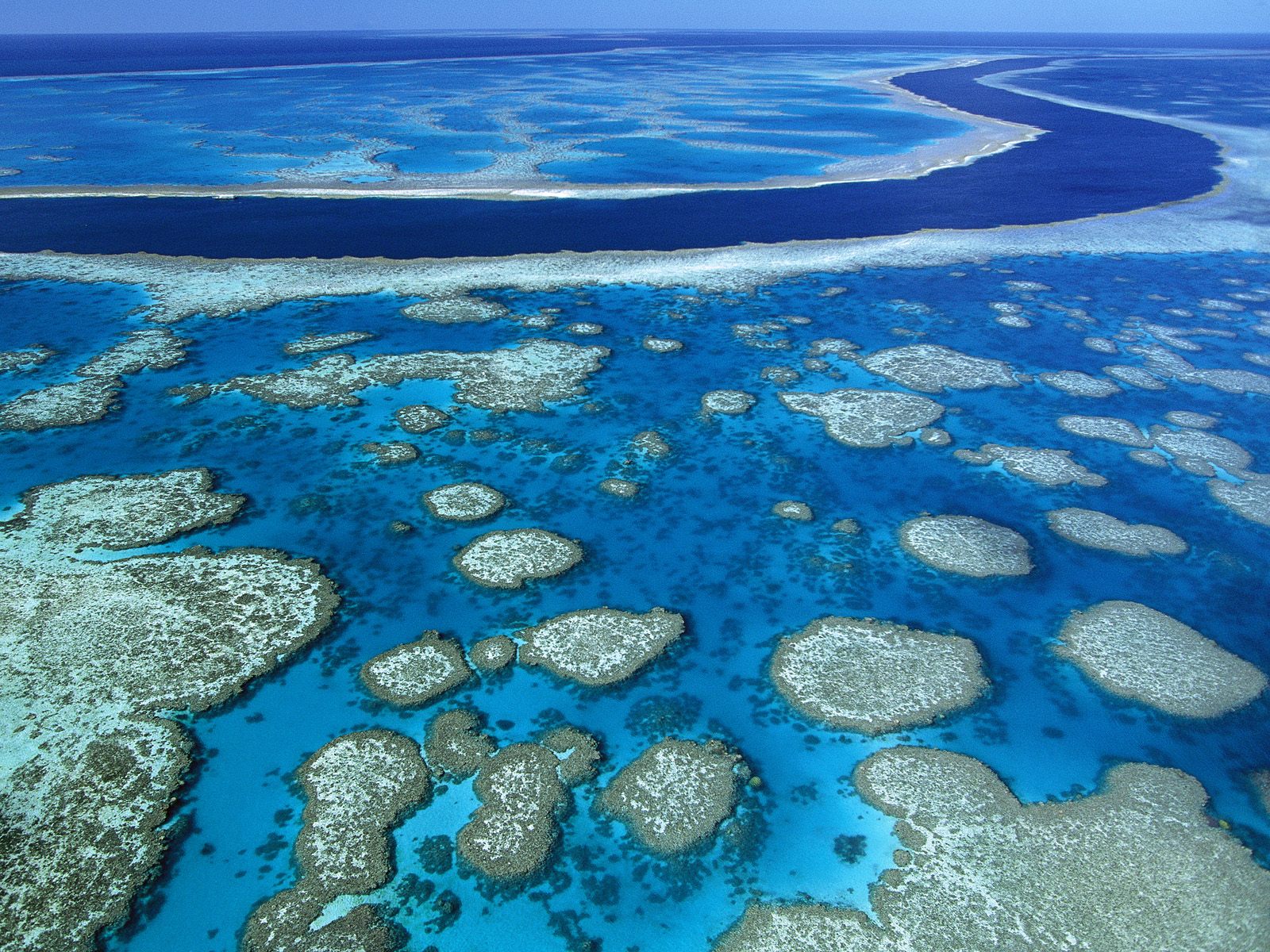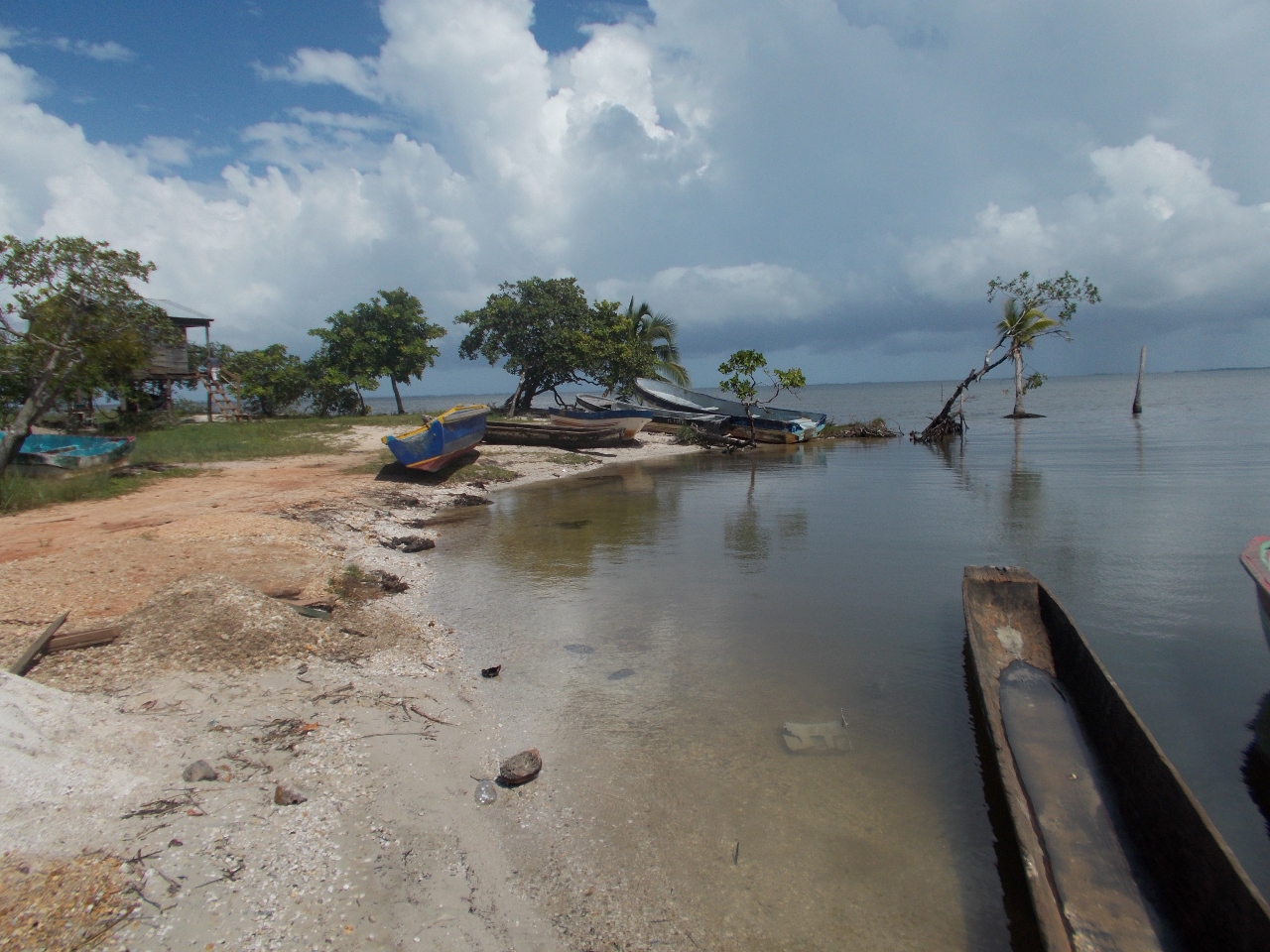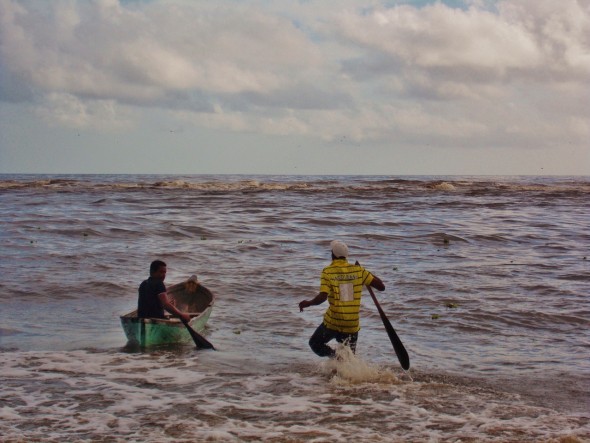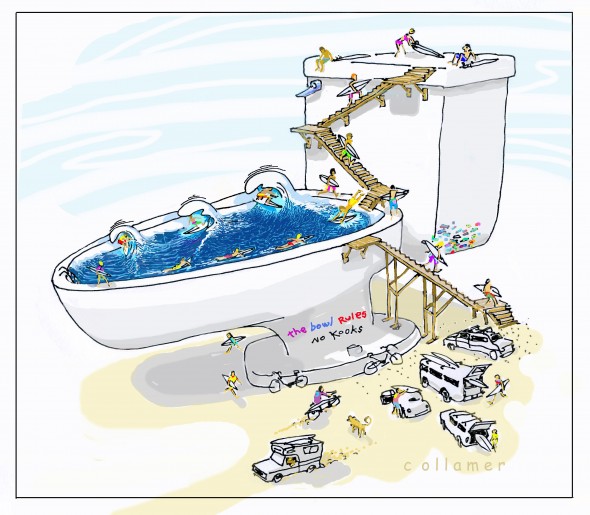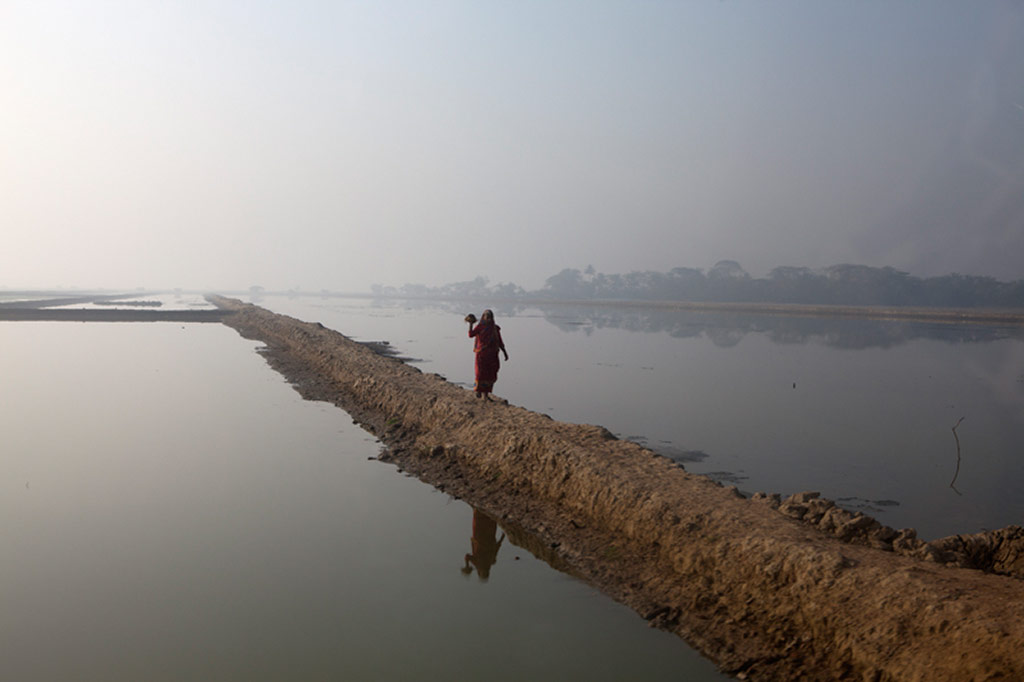Humans are consuming the ocean’s resources at an alarming rate. How do we sustain this vital ecosystem for generations to come? National Geographic Explorer-in-Residence Sylvia Earle outlines some of the ways to protect the health of the earth’s biggest ecosystem.
Tag: fisheries
Miskitu Portrait: Lobster and Life on Laguna Caratasca
Puerto Lempira lies on the shore of the sweetwater Laguna Caratasca, just west of the Caribbean in La Moskitia, Honduras. The largest Miskitu town in the region, with an ailing lobster industry in an atmosphere of post-coup insecurity and governmental corruption, many turn to drug trafficking for income.
Miskitu Coast of Honduras: Harvesting Jellyfish at the Rio Kruta
On a recent trip to the Kruta River near Cape Gracias a Dios on the Honduran Caribbean and the Nicaraguan Border, life without roads and little electricity proceeds slowly, detached from the world at large. Yet, drug trafficking is changing the economy and the culture of the Miskitu People, and due to overfishing, local people can only turn to harvesting jellyfish for China as an honest source of revenue.
Marine Ecosystems Facing Unprecedented Human Damage
The health of the world’s oceans is deteriorating even faster than had previously been thought, a report warns. “We are entering an unknown territory of marine ecosystem change. The next mass extinction may have already begun.”
Fukushima Meltdown: Flush the Radiated Mess into the Pacific
Almost two and a half years after the nuclear meltdowns at Fukushima, the head of Japan’s Nuclear Regulatory Authority (NRA) raised concern on August 5 about the continued flow of radioactive water from the plant going into the Pacific Ocean, telling Reuters, “Right now we have a state of emergency.” Hmm, yes, sounds about right.
Bangladesh: A Flooding, Mega-Urbanizing, Climate Trap
In Dhaka, climate change refugees are moving from the countryside and into squalid slums due to repeated monsoonal floods that have rendered traditional farmland unusable. A new documentary by Ami Vitale from the Knight Center for International Media wades through the floods, looking for solutions.

